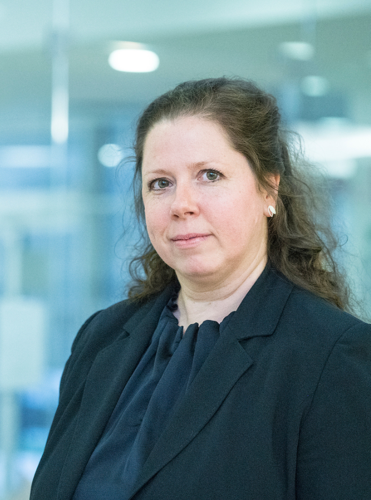BREATH is successful again in the second round of invitations to tender from the DZG Innovation Fund
Already in the first round of invitations to tender from the Innovation Fund of the DZG, the BREATH site was successful in obtaining funding for the German Center for Lung Research (DZL). We reported on the project led by Prof. Nico Lachmann in November 2022. In the second round of invitations on the subject of the microbiome, a project team from 5 of the 6 German Centers for Health Research (DZD, DZHK, DZIF, DKTK and DZL) was able to secure funding with the project ‚Understanding the role of the gut microbiome as a mediator of organ protection by SGLT-2 inhibitors‘. Taking part from the DZL are Dr. Katherina Sewald and PhD Student Valerie Beneke from the BREATH site.
Dr. Katherina Sewald is Head of the Department of Preclinical Pharmacology and In Vitro Toxicology and primarily carries out research on alternative in vitro and ex vivo models for sensitization, inflammation and irritation of the airways, the development of new tissue culture models and mechanisms of chronic inflammation. An important aim of her work is the establishment of methods to replace animal experiments.
Sodium/glucose cotransporter-2 inhibitors (SGLT-2i) exhibit organ-protective effects far beyond their primary effect, the reduction of the blood sugar level. This has led to their approval in 2020 for clinical use in patients with heart failure and in 2021 for kidney diseases. New data even show effects on tumor growth in breast and colorectal cancer models, the intestinal barrier function and chronic pulmonary diseases. Up to now, the underlying signalling network, that leads to these various positive effects, is not yet known. There are, however, indications that the intestinal microbiome could play a decisive role. It is therefore the aim of the newly formed project team, which will now receive the DZG funding, to clarify whether and to what extent the pleiotropic organ-protective effects of SGLT-2i are based on the gut microbiome, in order to find targets for more effective and tailor-made treatments. Within the German Center for Lung Research (DZL), Ms Sewald and Ms Beneke will study the effect of SGLT-2i in lung tissue sections that have been infected ex vivo with airway viruses (e.g. human rhinoviruses), which are described as the main cause of exacerbations in COPD patients.
„In addition, we would like to test ex vivo the direct effects of relevant (microbiome) mediators, which will be examined in other parts of the project, in human lung and bowel tissue sections, in order to gain some mechanistic understanding“, Katherina Sewald describes the aims of her project. „The knowledge generated in this project could be useful for the treatment of a wide spectrum of common diseases. We are therefore very grateful for the support from the Innovation Fund and the interdisciplinary teamwork throughout the German Centers for Health Research (DZG).“
Text: BREATH/KS,AB
Foto: Fraunhofer ITEM, Ralf Mohr

Dr Katherina Sewald